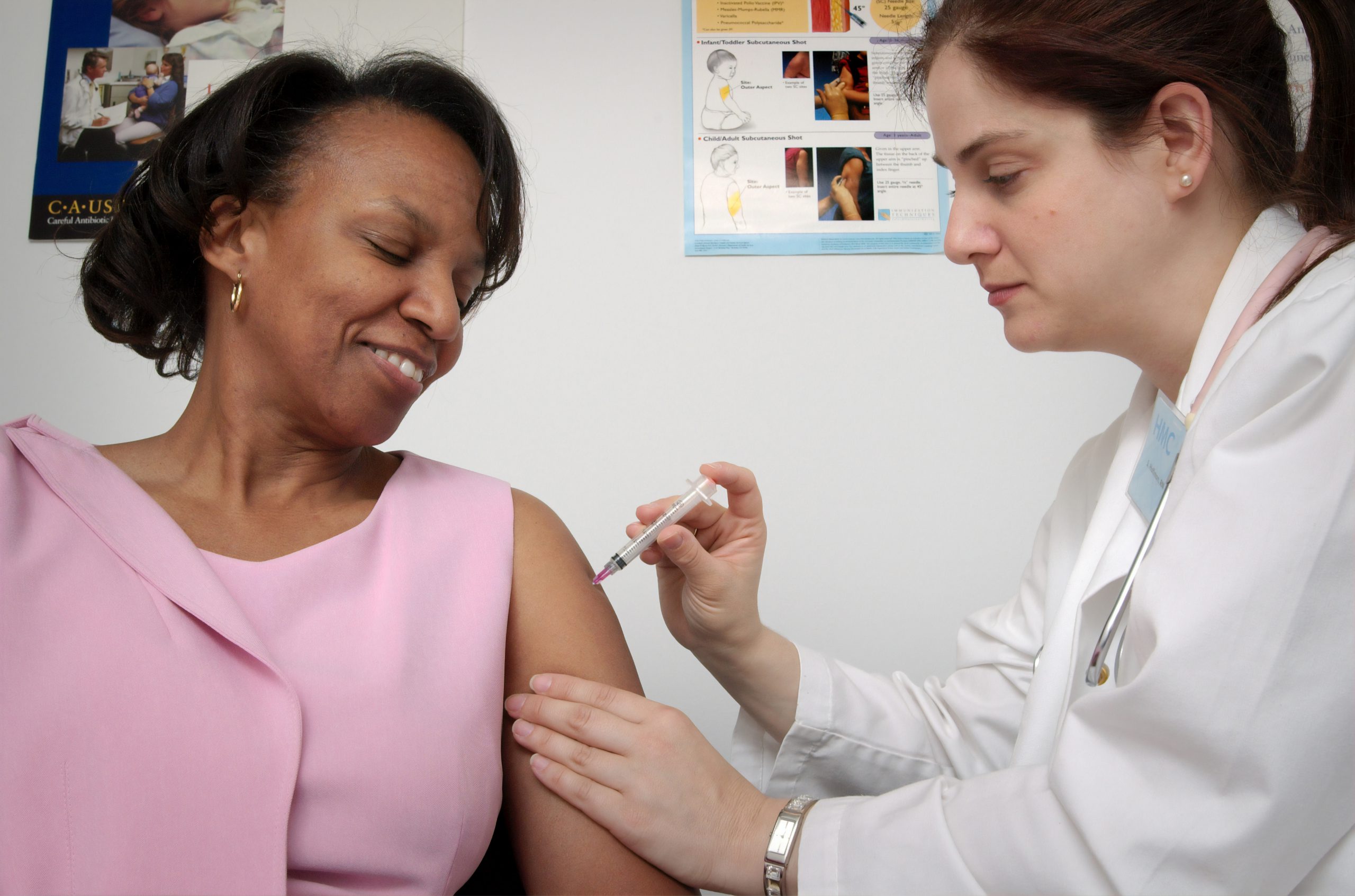The human papillomavirus (HPV) is the most common sexually transmitted infection, according to the Centers for Disease Control and Prevention. It is a viral infection of the reproductive tract and is not the same infection as the other more well-known STIs, such as HIV and HSV.
Sexually active men and women get infected with this virus at some point in their lives, and they could get repeatedly infected by it. In fact, this infection is sexually transmitted, but it does not require penetrative sex to get to another person; skin-to-skin genital contact is another recognized mode of transmission for this virus!
The Types of Cancers Linked to HPV
There are various types of HPV, and not all of them cause severe health problems. Some HPV infections will clear up without any intervention within a few months after the acquisition. In two years, the infection will clear up to 90 percent!
However, there are cases when this infection can cause the following types of cancer:
- For men: Cancer on the penis
- For women: Cancer of the cervix, vagina, and vulva
- For men and women: Cancer on the mouth, throat, and anus
In the US, around 45,300 HPV-associated cancers occur every year, with 25,400 cases for women and 19,900 cases for men. Cancer ensues in the parts of the body where human papillomavirus is often found. Cervical cancer is the most common for women, while the highest case for men is oropharyngeal cancer or the cancer of the back of the throat, including the tonsils and the tongue’s base.
HPV is considered the main responsible for 90 percent of the anal and cervical cancer in the US.
The HPV Signs and Symptoms
Several types of HPV exist today, with 40 of them infecting the cervix and 15 causing cervical cancer. Due to its many varieties, HPV infections are classified according to their risk level: high and low.
Once infected with HPV, your healthcare provider will give you further information to better understand the severity of the strain affecting you. The majority of people infected with HPV do not experience any signs or symptoms, and they often never develop any problems from it—which is why it’s crucial to get checked!
If you get infected by the virus, you should follow your provider’s recommendations and have regular checkups.
The HPV Vaccine and How It Can Prevent Cancer
Anyone between the age of 9 and 26 can take the HPV vaccine. For people aged 15 years and older, the treatment consists of three vaccines taken for over six months. Teens and children aged 14 and below will receive two vaccines six months apart. For the best results, talk to your healthcare provider, and they will administer the vaccine during a scheduled visit.
The HPV vaccine is recommended for all genders for protection against HPV infections and cancers. The best time to get vaccinated is before becoming sexually active or before having close to skin-to-skin genital contact.
However, you need to remember that the vaccine only serves as prevention—not as a cure to the infection! Taking this vaccine can also prevent mouth, throat, cervical, anal, and penile cancers.
The HPV Vaccine’s Safety
More than 12 years of research and monitoring showed that HPV vaccination is safe for everyone. Each HPV vaccine went through years of extensive safety tests before the US Food and Drug Administration licensed it.
This vaccine has minimal side effects. The injection may cause redness, soreness, or swelling where it is injected. In some rare cases, some patients pass out after getting injected.
Conclusion
Most cervical and anal cancers are associated with the sexually transmitted infection, human papillomavirus (HPV). Ensuring you and your children are vaccinated as early as nine years old could reduce the impact of these cancers worldwide. Widespread immunization and dissemination of information can help control the spread of this infection.
Are you looking for more news, tips, tricks, and updates on the latest topics in the healthcare industry? Dose of Healthcare is your premium healthcare news site that provides the latest health and medical news. Connect with us today to keep yourself updated on the world of medicine!


















